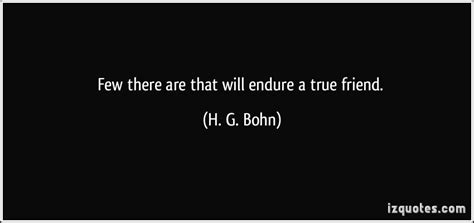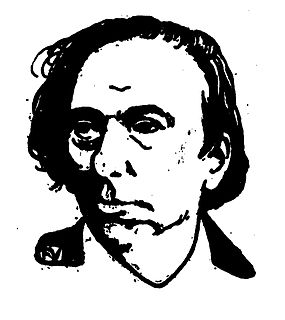Цитата Фридриха Ницше
Тот, кто презирает себя, считает себя самоуничижителем.
Темы цитат
Связанные цитаты
Если человек ставит свою честь на первое место в том, чтобы полагаться на самого себя, познавать себя и применять себя, то есть в уверенности в себе, в самоутверждении и свободе, то он стремится избавиться от невежества, которое делает чуждый непроницаемый предмет преградой и помехой. к его самопознанию.
Как отколоть ненужный мрамор? ... Это происходит благодаря пяти вещам: смирению, благоговению, вдохновению, глубокой цели и радости. Ни один великий человек никогда не прокладывал свой путь к величию. Пока человек не научится терять себя, он не сможет найти себя. Никто не может умножить себя сам на себя. Он должен сначала разделить себя и отдать себя служению всем, таким образом поместив себя во всех других через акты размышления и служения.





































